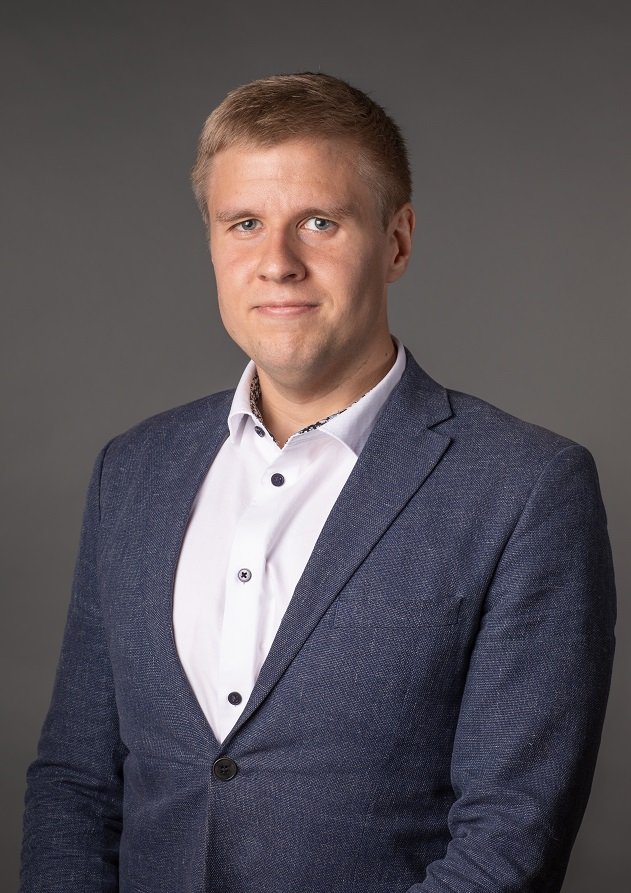Beating Cancer with Math

“The ultimate goal is a future of personalized medicine,” says ISyE Ph.D. student Einar Bjarki Gunnarsson, “where knowledge of each individual patient’s biology can be used to find the best treatment for that individual.”
ISyE Ph.D. student Einar Bjarki Gunnarsson was chosen as a recipient of the 2021-2022 Doctoral Dissertation Fellowship. The award, which is bestowed by the University of Minnesota Graduate School, is highly competitive among Ph.D. candidates entering their final year before graduation. Each $25,000 fellowship provides students with the opportunity to commit their full-time efforts to a research project of their choice.
Gunnarsson, who hails from Reykjavik, Iceland, is pursuing both a Ph.D. in the Department of Industrial Systems and Engineering and a master’s degree in the School of Mathematics at the University of Minnesota. His advisors are Kevin Leder, an Associate Professor of ISyE, and Jasmine Foo, a Professor in the School of Mathematics.
“A lot of factors went into my decision to study at the University of Minnesota, including a flexible and interdisciplinary Ph.D. program, and professors who are both leading academics and nice people,” says Gunnarsson. “I’ve appreciated having the ability to carve my own way through the program, keeping one foot in ISyE and the other in the math department, with plenty of support and encouragement from my advisors and other mentors along the way.”
In his graduate research, Gunnarsson has been studying and developing mathematical models of cancer evolution. Every cancer patient has a fairly unique biology; therefore, drug treatment plans do not affect all patients equally. The complexity of this problem greatly interests Gunnarsson and is something he believes is well suited for his industrial engineering mindset.
“Broadly speaking, we are trained to think about how to model complex systems, and to use the models to investigate how the systems can be designed or controlled to achieve a desired outcome,” says Gunnarsson. “In these abstract terms, the problem of treating cancer can be thought of as the problem of controlling a complex system. Framing the problem this way enables you to use tools from probability and optimization to make predictions about treatment outcomes and to search for mathematically optimal treatments, which I think is a useful perspective.”
However, Gunnarsson believes that the problem of identifying the right treatment plan for each cancer patient will require a collaborative effort. “I think the future of cancer research will very much be interdisciplinary teams,” he says, “where people from fields such as biology, medicine, mathematics, physics, engineering, and data science combine their insights and perspectives to attack this problem from as many directions as possible.”